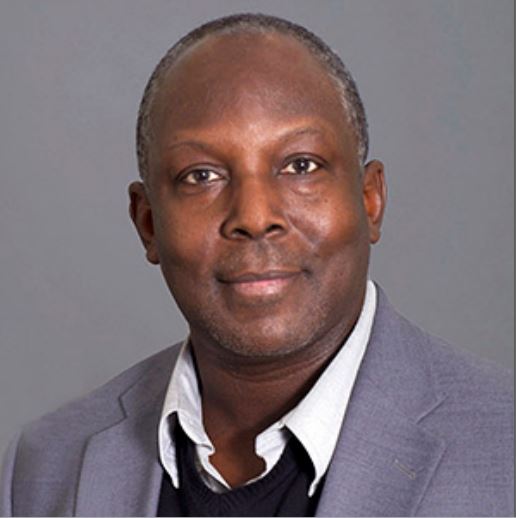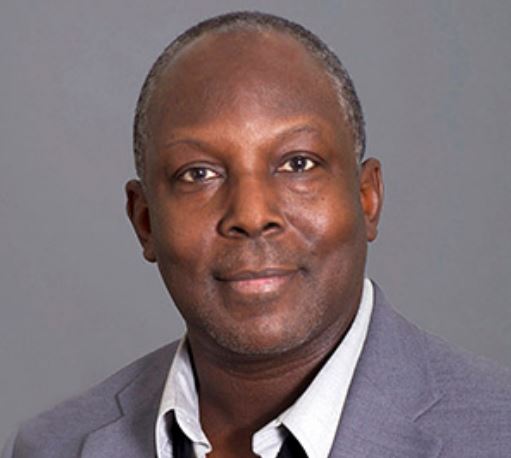[ad_1]
Submitted By Roger House
As African-Americans look to the 2020 elections, the midterm elections may have pointed the way to a new direction for Black politics in the 21st century. To fully understand the implications, however, will require a rethinking of political assumptions after the Obama era.
In recent decades, a new class of Afrrican-American politicians emerged with the ability to mobilize racially diverse and even majority white locales. They have successfully represented diverse electorates at the local level, in Congress and, on occasion, in the Senate. This dynamic led to the election of Barack Obama in a diverse coalition that relied on large Black turnout.
One advantage to such arrangements is that the Black community retains a small measure of influence in the political discourse. A second is that it has created new opportunities for savvy politicians like U.S. Senators Kamala Harris and Corey Booker.
The drawback, however, is that the core interests of our community is often marginalized when in competition with stronger interests in the coalition. Moreover, such arrangements gives undue encouragement to our politicians and communities to focus on the “trophy offices” such as the U.S. Senate and Presidency.

It may be time for African-American civic leaders to consider a change in political culture and direction. Should we fall in line for a rehash of the next Democratic Party script taken from the Obama era? Has our community gained most of what could be gained from the arrangement? These are legitimate questions to ask in light of the midterm election outcome.
The midterm highlighted the often-underestimated reality of political power in the American federal structure. It demonstrated the extent to which power resides in the states. Yet history shows that the states have been a frustrating arena of politics for our community. Our quest for statewide political influence has been denied since the violent overthrow of the Reconstruction governments in the 1880s.
The midterm elections provided an opportunity to confront this dilemma anew. Several promising candidates in southern states ran credible campaigns for governor. While they fell short of the mark, several came surprisingly close to breaking through the glass ceiling. It took ugly episodes of voter suppression activity and racist dog whistling to upset their momentum.
Now is not the time for our civic leaders to abandon this quest. Now is the time for a call to action to gain statewide political power in the South. Our leaders and media should encourage a broad conversation on this goal as a 21st century movement.
See more on afro.com.
Roger House is an Associate Professor of American Studies at Emerson College, Boston, Mass.
The opinions on this page are those of the writers and not necessarily those of the AFRO.Send letters to The Afro-American • 1531 S. Edgewood St. Baltimore, MD 21227 or fax to 1-877-570-9297 or e-mail to [email protected]
[ad_2]
Source link

